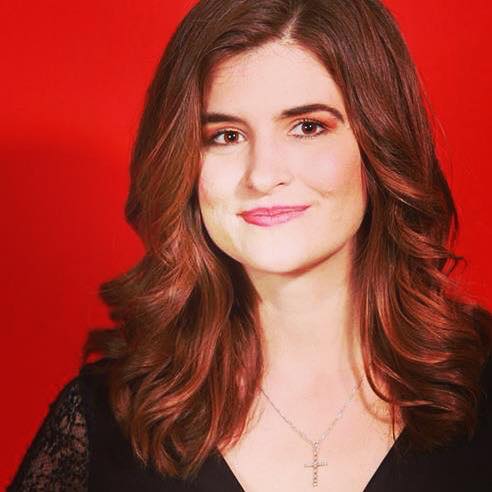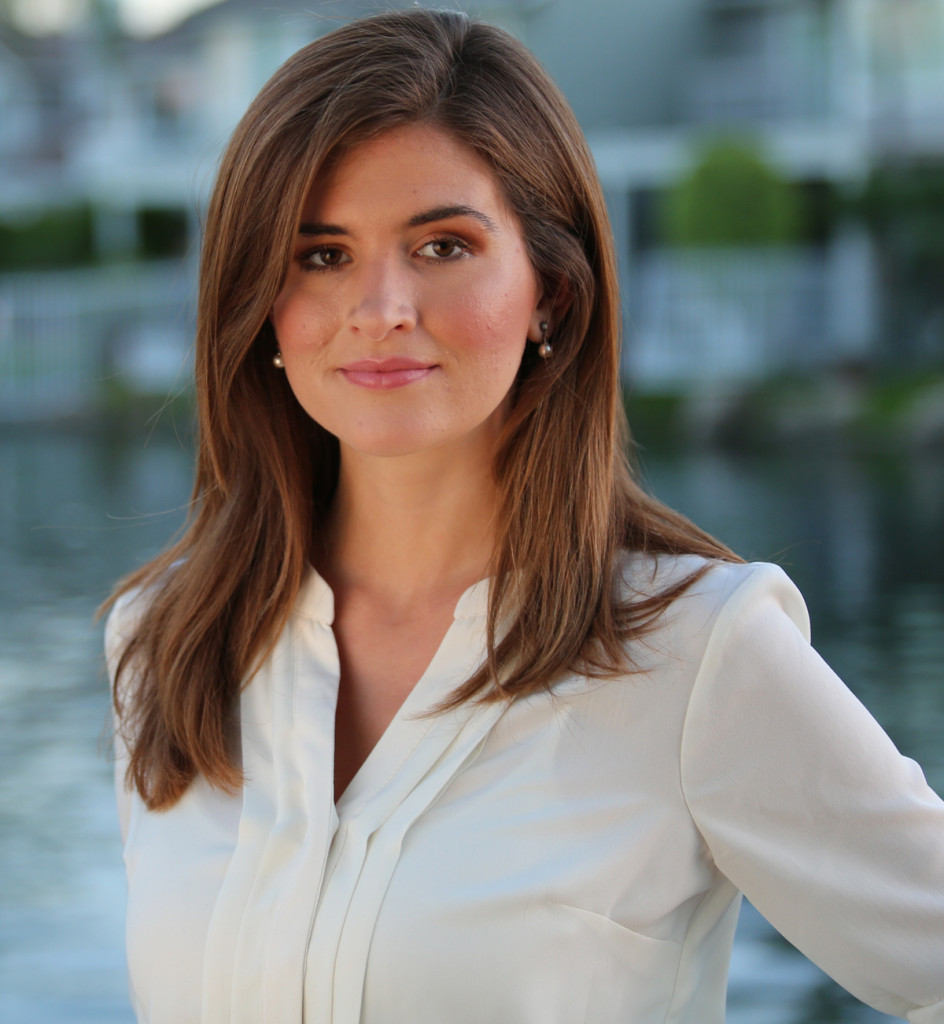Cuando entré por primera vez en el “mundo de las relaciones” tenía un listado de ideales que quería que tuviera mi futuro esposo. No estoy hablando de principios sino sobre una imagen idealista – como los de una película. Sin embargo me di cuenta de que ningún hombre me hacía “sentir” de una forma mágica todo el tiempo, y nunca pude imaginarme a un hombre que me “completara”. Fue entonces cuando me di cuenta que yo lo que estaba buscando era a Dios en un futuro esposo, en vez de a alguien que me acercara al amor ideal de Dios.
Cuando esperamos todas estas cosas de un ser humano, hacemos de nuestro futuro esposo un ídolo.
Cuando buscamos a Dios en lugares equivocados, Fr. John Powell señala que “al final siempre nos quedamos con el mismo vacío doloroso el cual creíamos que podíamos llenar.”
Solo piensa en esto: Dios, es infinito amor, es el amor más poderoso y completo que podemos experimentar. En nuestro camino de fe con el Señor, ¿somos felices todo el tiempo? ¿Tenemos ese sentimiento mágico de amor por Dios en cada instante?
No, no lo tenemos. Incluso en nuestra relación con Dios, no experimentamos una felicidad perfecta y eterna del cielo aquí en la tierra todo el tiempo. No la experimentamos porque somos seres caídos.
Si no experimentamos ese sentimiento de “estar enamorados” todo el tiempo en nuestra relación con Dios, ¿cómo podemos experimentar esto mismo con un ser humano? Existen muchas limitaciones en el amor entre dos personas. Según las palabras de Sebastian Moore, “estamos limitados por nuestras propias barreras, nuestra propia conciencia. No podemos sentir satisfacción plena.”
Solo Dios sacia.
En vez de buscar a una persona humana para que “nos complete”, debemos buscar a Dios. Hacemos de nuestro futuro esposo nuestro “dios” si lo buscamos para que nos satisfaga en la forma en la que solo Dios puede hacerlo. Reuel Howe dijo “gran parte de los matrimonios… son infelices debido al fracaso que conlleva el no aceptar sus propias limitaciones—en su lugar, se imponen a sí mismos ideales que solo son posibles para Dios. “
El matrimonio puede ser un ideal, pero también es una realidad.
El ideal del matrimonio dice que “un auténtico amor conyugal es asumido en el amor divino.” (CCC 1639) Esto es un reflejo del perfecto amor de Cristo por su esposa, la Iglesia. Sin embargo, es sólo un reflejo. Si esperamos tener una relación comparándola con el ideal, no funcionará. Somos seres humanos limitados.
Afortunadamente, las parejas no tienen que hacerlo todo solos, porque Dios concede gracias a los que están casados, así que tienen una asistencia especial en su vida como pareja. “Cristo es la fuente de esta gracia, a través del sacramento del matrimonio” Cristo permanece entre ellos, les da la fuerza para tomar su cruz y seguirle, para levantarse de nuevo después de haber caído, para perdonarse el uno al otro, para compartir las cargas… “(CIC 1642).
Cerciorémonos de que no hacemos del matrimonio un ideal de tal manera que ya no sea algo real.
Mantengamos en mente a quien realmente nos completa – Dios. El amor de Dios por nosotros es la historia más grande de amor de todos los tiempos. Moremos en su amor y sintamos satisfacción con el amor eterno y perfecto que Él nos muestra en cada momento. No busquemos ese amor perfecto en un ser humano, sino gocemos con el amor perfecto de Dios.
____________________________
 Emily Brandenburg is a Catholic Youth and Young Adult leader in the Diocese of Orange, California. She hosts a large Bible study and Praise, Worship, and Adoration evenings. In addition, she is concertmaster of St. Martin’s Orchestra, holds a J.D. from Pepperdine School of Law, and is a full-time attorney. She enjoys spending time outdoors, fellowshipping with family and friends, making new friends, and always having a good laugh. You can connect with her on Facebook at https://www.facebook.com/pages/Emily-Brandenburg/1565280567042667 and Instagram at @emily_brande. She blogs at TheNetofLove.blogspot.com.
Emily Brandenburg is a Catholic Youth and Young Adult leader in the Diocese of Orange, California. She hosts a large Bible study and Praise, Worship, and Adoration evenings. In addition, she is concertmaster of St. Martin’s Orchestra, holds a J.D. from Pepperdine School of Law, and is a full-time attorney. She enjoys spending time outdoors, fellowshipping with family and friends, making new friends, and always having a good laugh. You can connect with her on Facebook at https://www.facebook.com/pages/Emily-Brandenburg/1565280567042667 and Instagram at @emily_brande. She blogs at TheNetofLove.blogspot.com.
